Features of the Curriculum
Students in the YOKOHAMA Socrates Program learn about various issues and analytical methods in the humanities and social sciences, relating to the themes of social resilience and social sustainability. By gaining knowledge and engaging in hands-on projects addressing global issues surrounding social resilience and sustainability in local fields, including Yokohama and Japan, students will gain the ability to contribute new perspectives in professional and community settings.Many classes are conducted in small seminar style settings using the Socratic method. Students in this Program are awarded a Bachelor of Arts degree from the College of Urban Sciences at the time of graduation.
Collaborative Project-Based Learning in the Socratic Method
Students in this program participate in a variety of project-based group activities together with Japanese students and other international students. The core of the curriculum is the Workshops in which students determine their own themes and actively explore them through approaches such as fieldwork, collaborative projects, and interactive activities. Through such active engagement, students learn about creative processes based on interdisciplinary knowledge. There are Workshops centered around the following four themes: Social and Cultural Studies, History and Geography, Environmental Studies, and Governance and Development. Studio Modules and other core classes in this program are conducted in small, interactive seminar style settings using the Socratic method. The Socratic method employs critical dialogue in class discussions to nurture the attitude and ability to effectively question and engage with established preconceptions and realities.
Greater Range of Courses with Japanese Language Proficiency
This is a bilingual global education program with both English and Japanese as common languages. Depending on their Japanese language proficiency, students learn Japanese from their first year. Japanese language courses are offered from beginner to advanced (JLPT N1) level. Once students reach the required Japanese language level, they can take courses and seminars in Japanese in the College of Urban Sciences’ Department of Urban & Social Collaboration, in addition to program courses in English.
Three Requirements for Graduation
Students in the YOKOHAMA Socrates Program are awarded a Bachelor of Arts degree from the College of Urban Sciences at the time of graduation. To graduate from the program, students must meet the following three requirements. Please also note that the minimum period required for graduation from the program is four years.
- •Earn at least the minimum amount of credits for each course category indicated in the YOKOHAMA Socrates Program Curriculum and Requirements Table below, for a total of 124 credits or more, as well as completing all compulsory courses.
- •Have a GPA of 2.0 or higher for the required credits.
- •Present your graduation research project and successfully defend it.
Curriculum Image
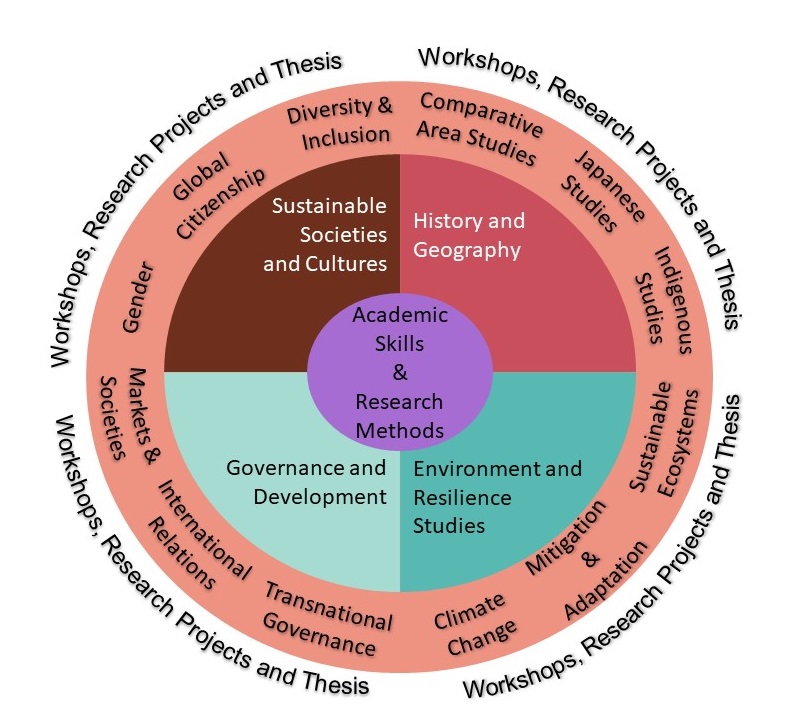
Curriculum & Requirements Table
Students in the YOKOHAMA Socrates Program must earn at least 124 credits in total and the minimum amount of credits set by each course category and/or element as well as successfully completing all compulsory courses. You can learn about the characteristics of each category and element of courses from here.
| Categories of Education | Credits | |
|---|---|---|
| Japanese Language and General Education | 28 | |
| Academic Skills | 14 | 64 |
| Introductory Courses | 8 | |
| Specialized Elective Courses | 42 | |
| Other Elective Courses | ||
| Workshops | 24 | |
| Thesis Seminars | 8 | |
| Total | 124 | |
Flow of Studies
1st Year Students learn a wide range of academic perspectives and insights through General Education Courses. You also acquire basic skills for further study through Foundational Skills Courses.
2nd and 3rd Years Students learn about issues relating to social resilience and sustainability from a wide range of Specialized Courses. Additionally, students select and join two of four Workshops from the following themes: Social and Cultural Studies, History and Geography, Environmental Studies, and Governance and Development.
4th Year A graduation thesis is to be developed based on each student’s chosen area of specialization. Through thesis-related seminars, the primary focus is the completion of this thesis, which serves as the culmination of four years of study.
Topics of Specialization Sustainability and Resilience, Social and Cultural Studies, History and Geography, Environmental Studies, Policy Management and Development, International Japanese Studies, Area Studies, Academic Skills, Social Research Method, International relations, Citizenship, Global Business and Economics, Social welfare, Gender and Sexuality, Diversity & inclusion, Human Security.
Introduction of Courses
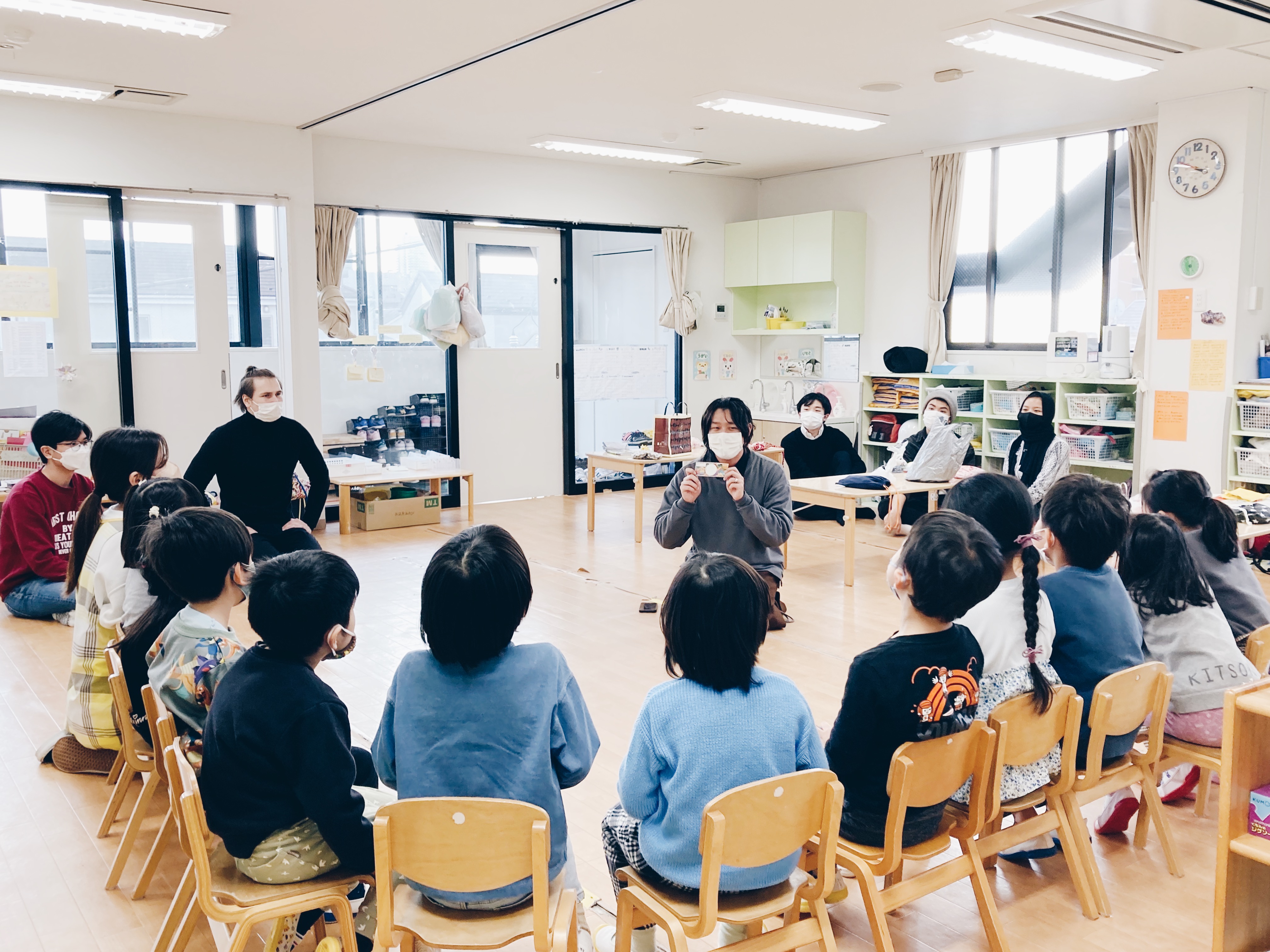
Workshop in Sustainable Societies and Cultures
The workshop offers a workshop-type class related to the Sustainable Development Goals (SDGs). By 2025, the SDGs workshop, organized by international students, will celebrate its fifth anniversary. Each year, the workshop primarily features presentations and engaging activities, such as games in basic Japanese, offering children in daycare a valuable opportunity to learn about the SDGs from various perspectives. The photo captures the activities from 2022. Students applied their acquired knowledge about SDGs from the lectures and discussions and organized their own SDGs workshops. During the class of Fall 2022, the students organized a series of three workshops with a daycare in Yokohama city. In the first session, students introduced their countries and held a mini workshop about environmental problems. In the second session, they created a play incorporating themes of environmental and gender issues. In the final session, a flea market was organized for children to bring in their "used toys." The goal of the flea market was to experience the main idea of Goal 12: Responsible Consumption and Production.
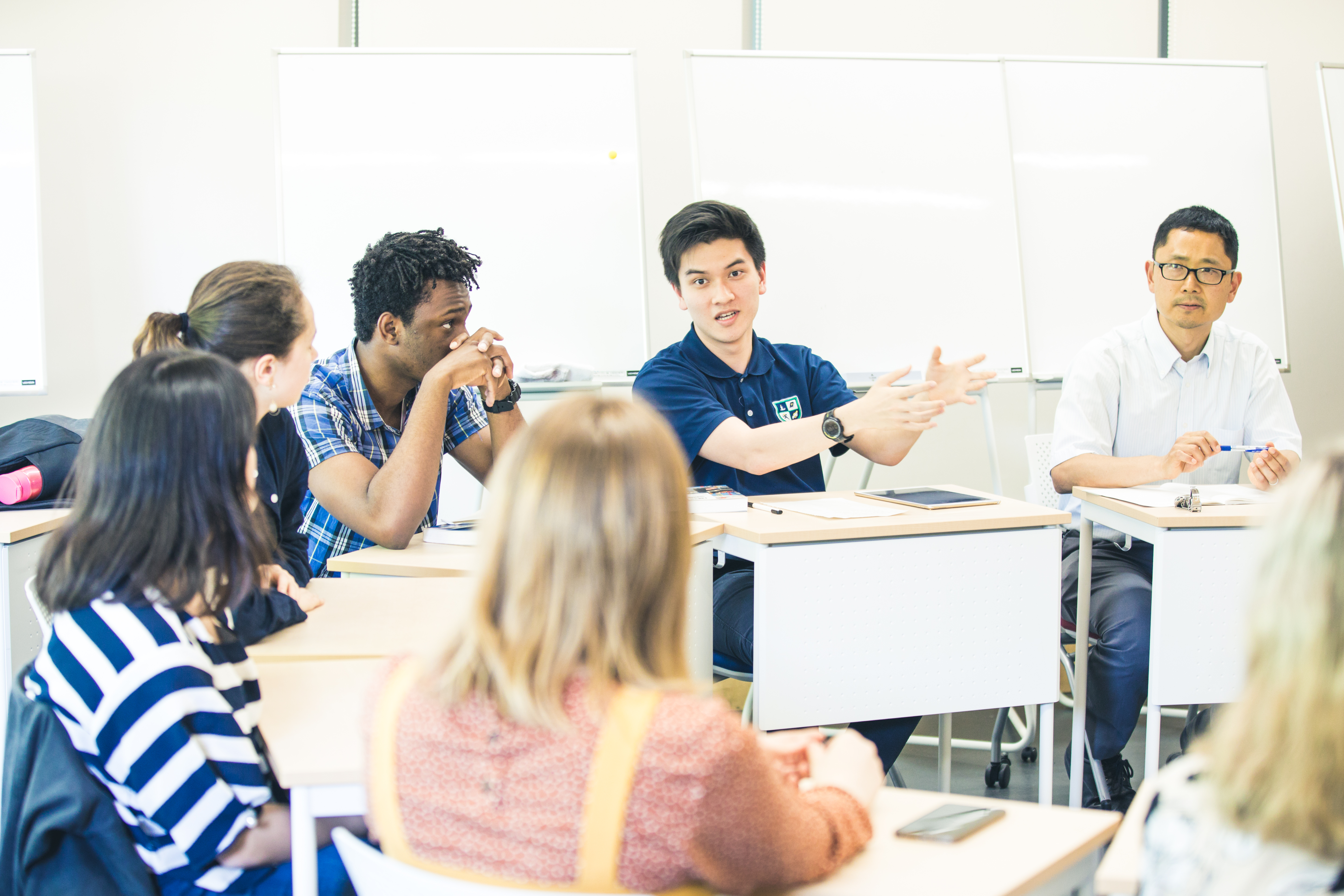
Yokohama Studies
Yokohama was the primary gateway to modern Japan. In this seminar, we read and discussed themes related to Yokohama’s modern history from its emergence in the mid-nineteenth century in the context of the East Asian treaty port system, the end of extraterritoriality at the turn of the century, the rise of the “modan” in the interwar period, the destruction and reconstruction of the city in the 1920s and 1940s, the occupation period, and the rapid economic growth period from social ecological perspectives. Active class discussions were fueled by the questions students posted online before class. Students also completed group projects related to the themes discussed in class with comparative international perspectives. Like Yokohama, the class was enlivened by interactions between the diverse perspectives and interests of its participants.
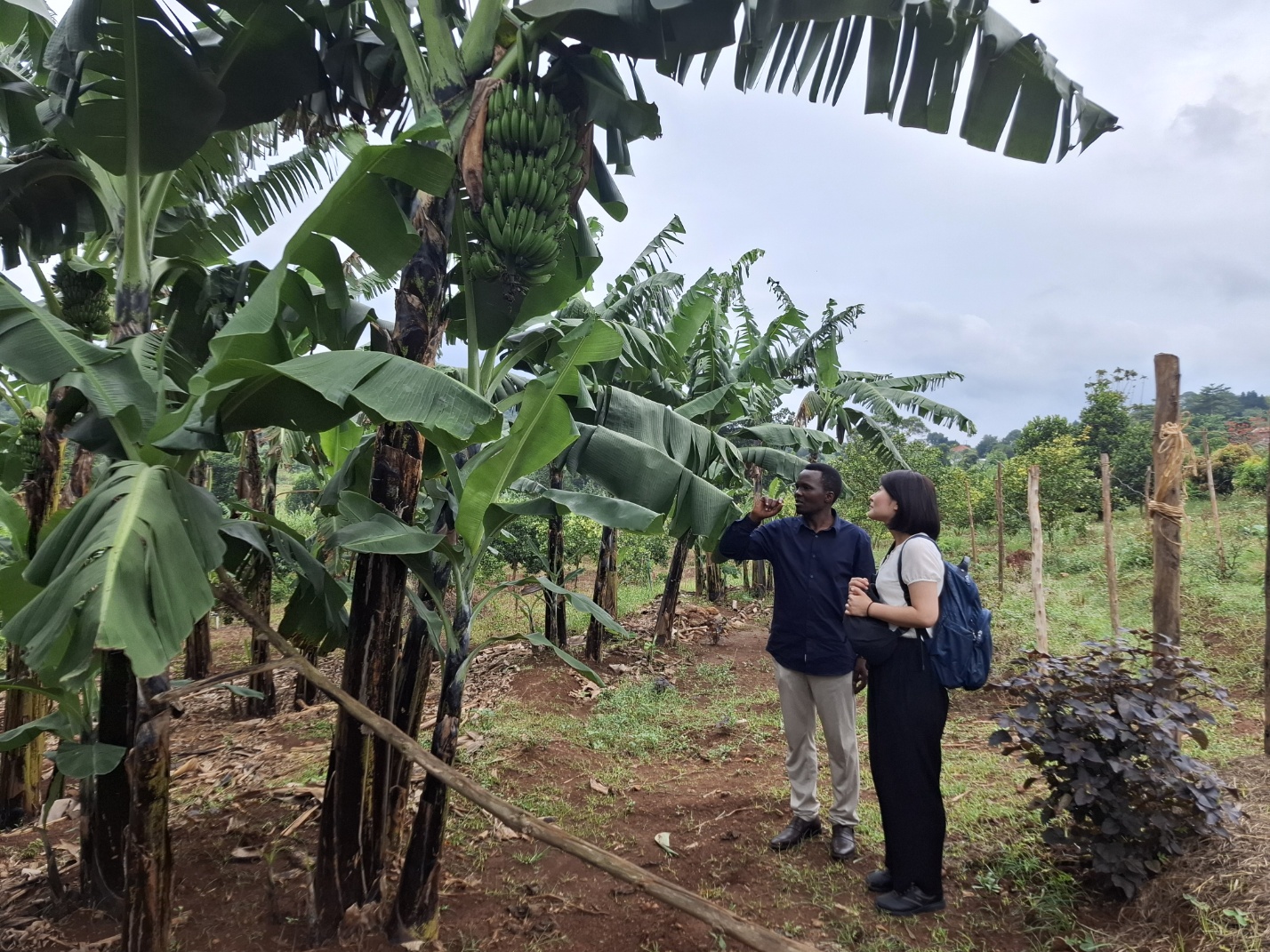
Introduction to Governance and Development
“Development” has long been a consistently pursued global objective. This course explores how we should understand development in the age of sustainability, with a particular focus on governance. The course recognizes development-related issues with structural backgrounds and fosters understanding of how various actors in the global community approach international cooperation. This course provides an overview of global development cooperation, covering key elements such as historical changes in notions of development, global goals for economic growth and welfare, and governance within the complex framework of diverse actors and factors. Through lectures and active discussions, students gain insights into the historical and contextual aspects of development, encouraging critical reflection on their own perspectives.
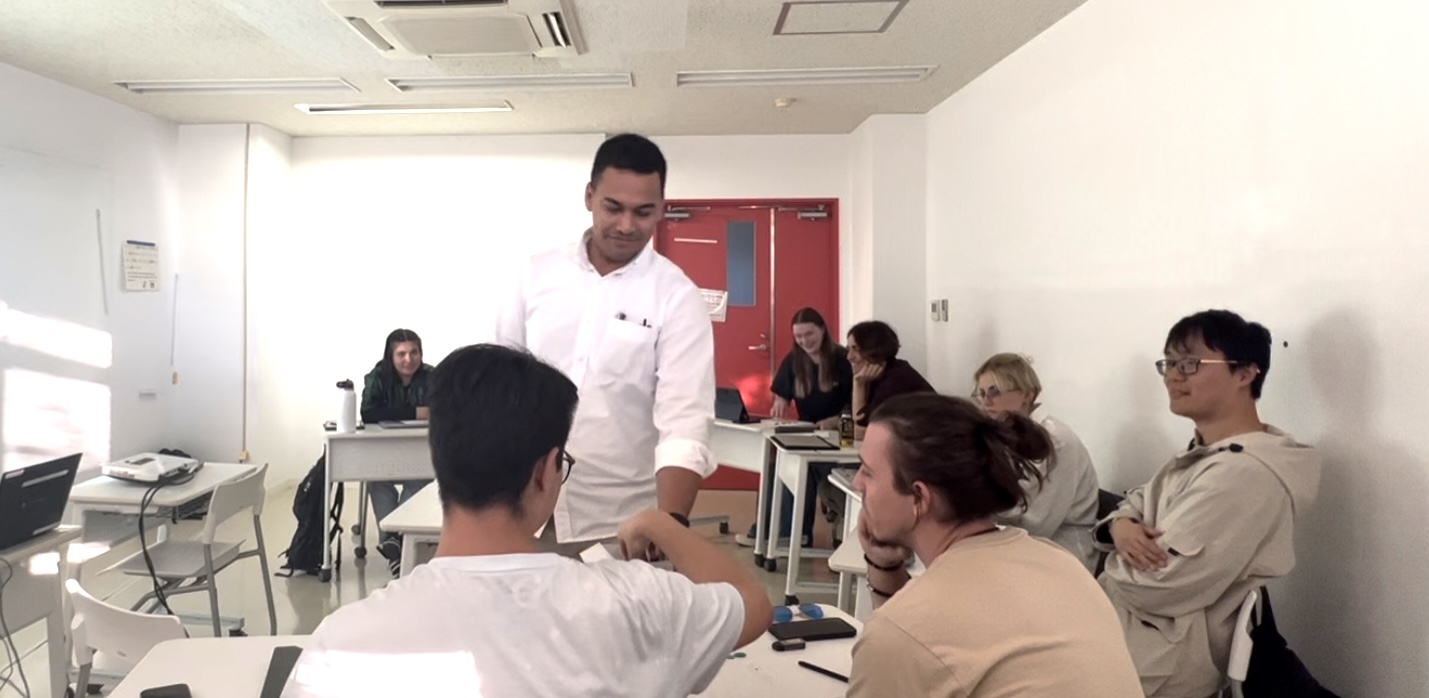
Introduction to Environment and Resilience Studies
Human activities invariably influence the natural environment in which we live. This programme offers a comprehensive and interdisciplinary introduction to environmental studies, inviting you to explore the complex interconnections between ecological, social, and economic systems. You will build a strong foundation for understanding some of the most pressing environmental challenges of our time, including overpopulation, urbanisation, climate change, resource depletion, and pollution. Through a multidisciplinary lens, you will gain valuable insights into how human actions affect the natural world. Throughout the course, you will critically analyse theoretical concepts, ethical perspectives, policy frameworks, and societal implications to examine both the causes of environmental issues and potential solutions. This programme is an opportunity to engage deeply with the urgent environmental challenges of today—and to reflect on your role as an informed, responsible global citizen.
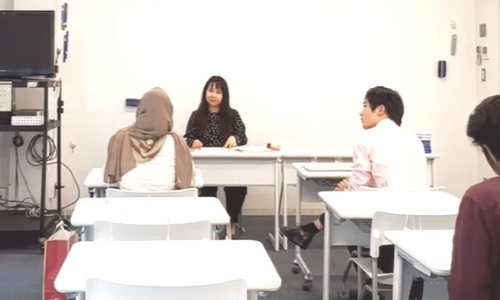
Academic Writing
In this course students gain an in-depth understanding of the form and function of different academic essay genres. Students learn to write effective thesis statements, introductions, body paragraphs, and conclusions. They also learn to paraphrase, summarize, cite sources, and edit their peers’ and their own writing through various writing tasks. Once students acquire the basic skills, they will acquire advanced academic essay-writing skills from interpreting essay prompts to efficiently editing an essay. Students will learn to do research, take a position in an essay, evaluate outside sources, and write effective and cohesive paragraphs. Students will also learn to write with greater grammatical complexity and integrate source information into their own writing. In addition, students read academic and newspaper articles, not only to be exposed to different writing styles, but also to think critically about current global issues and to actively lead and engage in class discussions.
Academic Guidelines
- YNU Program for SOCially Resilient
And susTainable EcoSystems - Yokohama National University
- Admissions & Prospective Student Inquiries:
- global.student[at]ynu.ac.jp
- Curriculum & Current Student Inquiries :
- global.education[at]ynu.ac.jp

